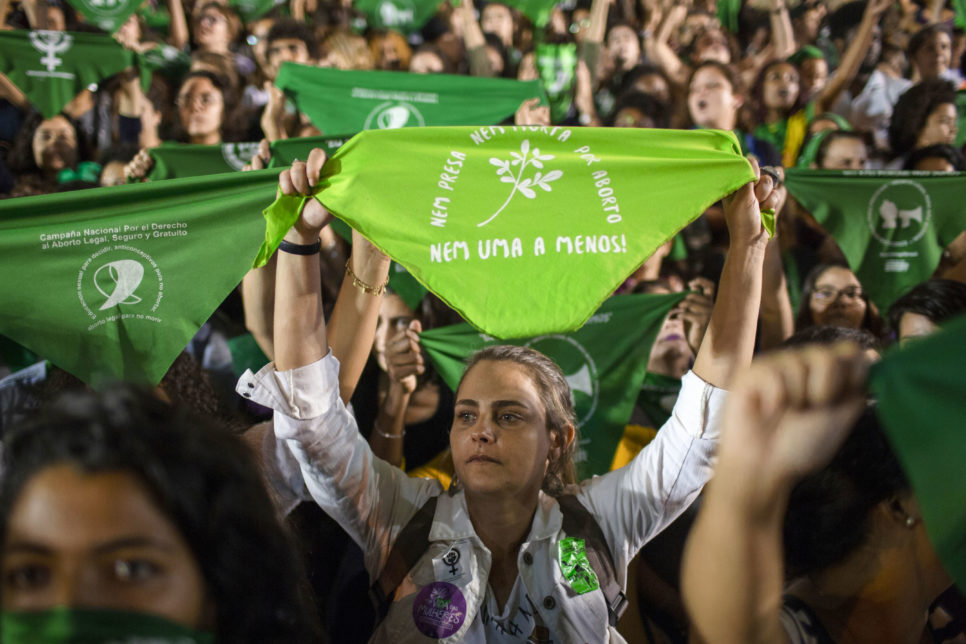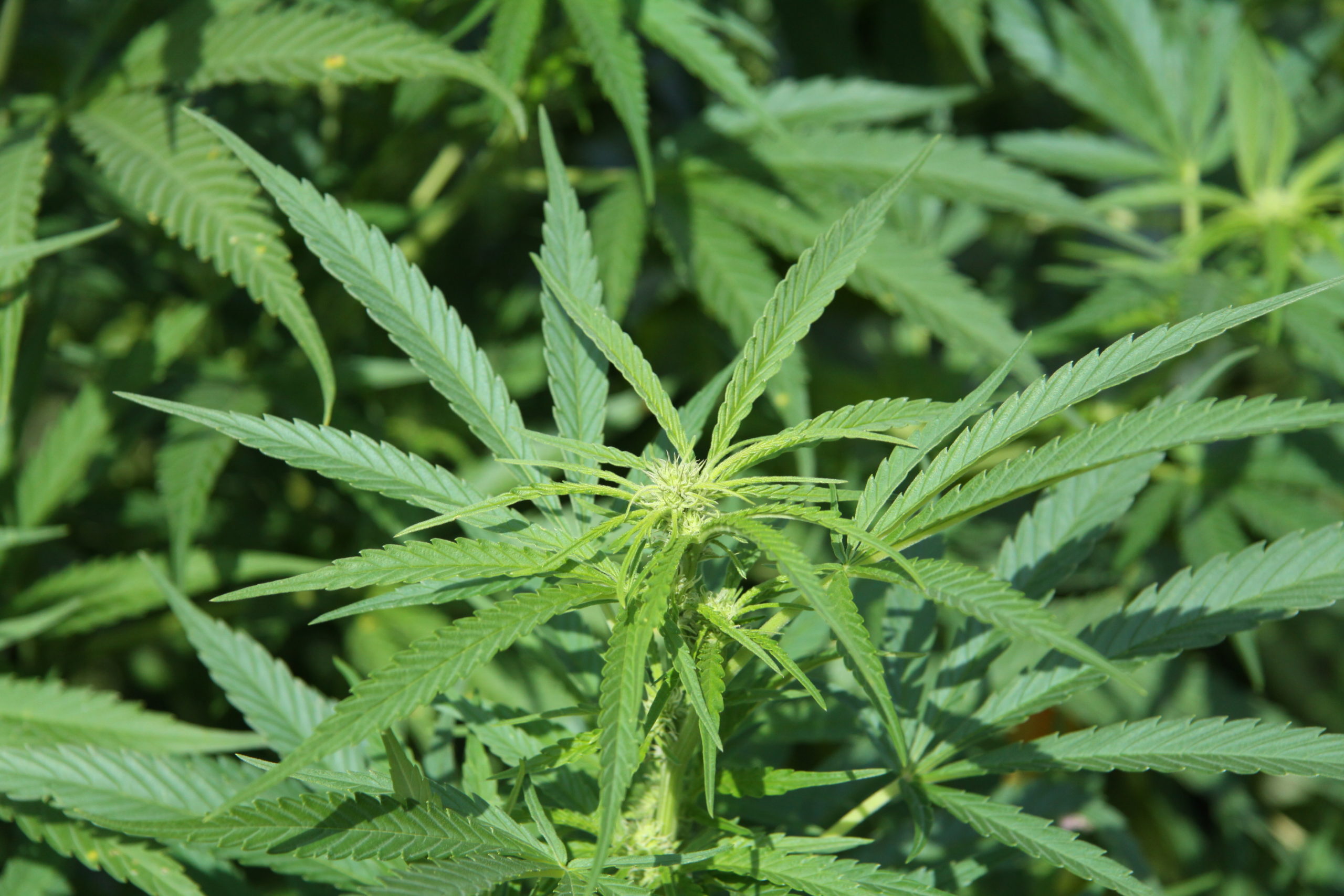The Supreme Court is analyzing a Special Appeal (RE 635659) that discusses whether drug possession for personal consumption should be a crime. The case first began to be heard in 2015, but it was suspended after an adjournment.
To date, three of the eleven court justices have cast their votes: the rapporteur of the case, Justice Gilmar Mendes, who voted in favor of the decriminalization of all drugs; and the justices Luiz Edson Fachin and Luís Roberto Barroso, who both voted in favor of the decriminalization of marijuana.
In the vote in 2015, Justice Barroso defended that a person could possess up to 25 grams of marijuana without being considered a drug dealer and also that each user could grow a maximum of six female plants. It is likely, however, that the other justices will vote that setting this kind of criteria is the responsibility of the National Congress.
Read more
In 2015, the lawyer Rafael Custódio, who used to represent Conectas, ITTC (Land, Labor and Citizenship Institute), Pastoral Carcerária (the Catholic Church’s prisoner outreach service) and the Sou da Paz Institute, made a statement in the Supreme Court during the judgment on the decriminalization of drug possession for personal use.
“The war on drugs is, in fact, a war on people […] it comes with, as a key element, the need for the uninterrupted expansion of the punitive power of the State,” said the lawyer.
If the court rules on the unconstitutionality of article 28 of Law 11,343/2006, Brazil will be one of the last countries in Latin America to stop treating drug users as criminals. In Latin America, Brazil, Suriname and the Guianas are alone in considering drug possession for personal use as a crime.
Technical information:
- Case: Special Appeal 635,659 with General Repercussion (Topic 506)
- Court: Supreme Court
- Status: Being heard
- Procedure:
- 02/22/2011 – Case is filed
- 12/09/2011 – General repercussion is recognized
- 06/05/2012 – Organizations admitted as amici curiae
- 05/24/2023 – Case schedule







